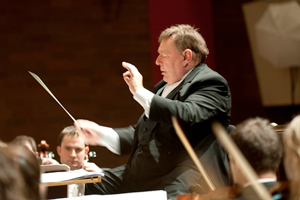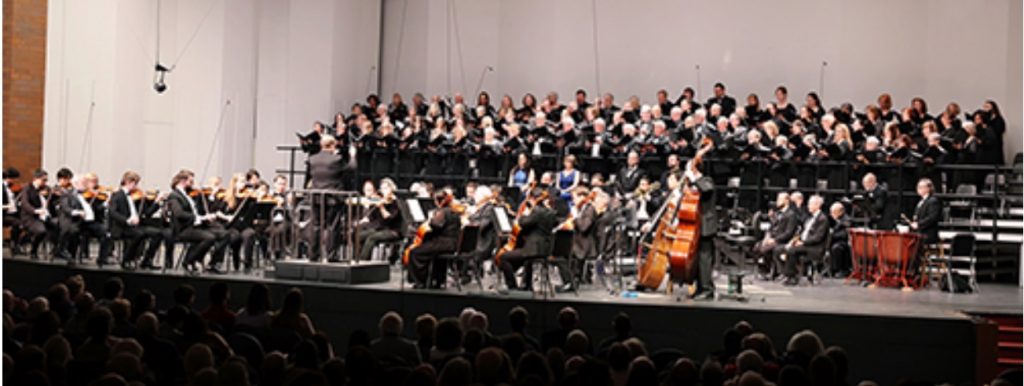As a whole, Mozart’s Requiem is a grandiose work, sublime in its evocation of salvation and eternal rest, and fearsome in its visions of the Last Judgment. The grand forces that meet the eye — four soloists, chorus, and orchestra — suggest drama and spectacle, even if the scoring is dark: the lighter hues of flutes and oboes are omitted in favor of basset horns (cousins of the clarinet), bassoons, a choir of trombones, and strings in their lower registers. Even trumpets and timpani are used less for their ceremonial qualities than as emulsifiers of the texture.
Zimmermann Remembered (Sept. 10)
by Kevin McLaughlin
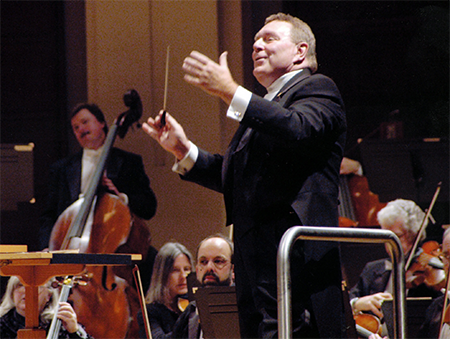
Former conducting students and colleagues took turns at the podium, and soloists whose careers Zimmermann had touched also took part in a program of works by Mahler, Brahms, Mozart, and Tchaikovsky, among others.
Possibly the most shining example of Zimmermann’s legacy is the orchestra that he developed and led for 43 years. In an age of peripatetic conductors and short-lived musical directorships, the Canton Symphony Orchestra, an ensemble of ninety mostly young professionals, has remained remarkably excellent and intact over the years.
A Magnificent Feast from the Canton Symphony (Apr. 30)
by Tom Wachunas
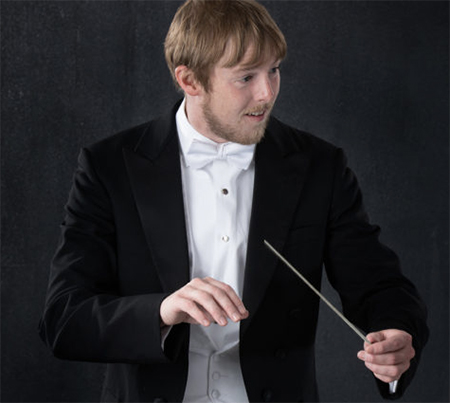
The first half of the evening featured two works conducted by the vivacious associate conductor Matthew Jenkins Jaroszewicz, beginning with Fanfare for the Uncommon Woman No.1. Composed in 1986 by Joan Tower, the work was inspired by Aaron Copland’s iconic fanfare and employed the same instrumentation of brass and percussion.
Tower dedicated this surprisingly brief work to “women who take risks and are adventurous.” Adventurous to be sure. While the opening theme is a subtle echo of Copland’s, the CSO brass was remarkably bright, crisp and crackling in its relentless morphing of the motif into quick, layered variations, both delicate and discordant, robustly spiced with startling bursts of timpani. [Read more…]
Canton Symphony: A circuitous path to Haydn’s Mass in Time of War (Mar. 23)
by Tom Wachunas
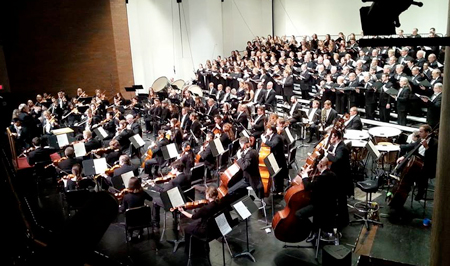
Canton Symphony: Feasting on Carmina Burana (Apr. 21)
by Tom Wachunas
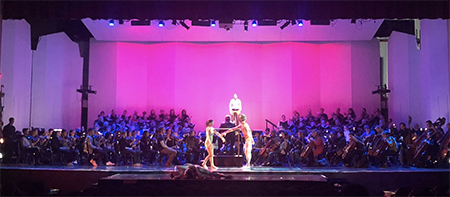
Tchaikovsky fireworks from the Canton Symphony Orchestra (Nov. 4)
by Tom Wachunas
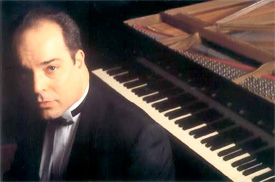
Canton Symphony offers up a sublime Verdi Requiem
by Tom Wachunas

Canton Symphony Orchestra & Chorus: redefining “Inspired” (April 23)
by Tom Wachunas
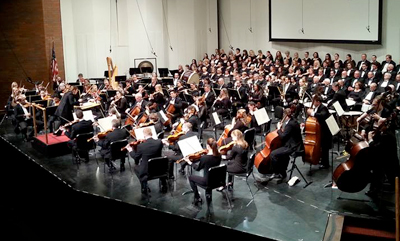
A Cathartic Close to Canton Symphony’s Beethoven Festival (April 25 & 26)
by Tom Wachunas
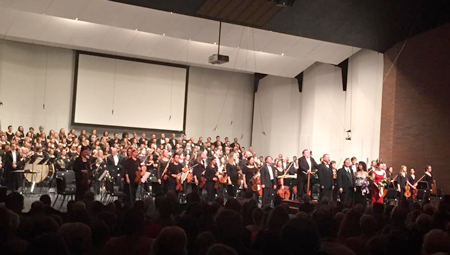
A Rousing Tribute to American Music from The Canton Symphony (Oct. 5)
by Tom Wachunas
